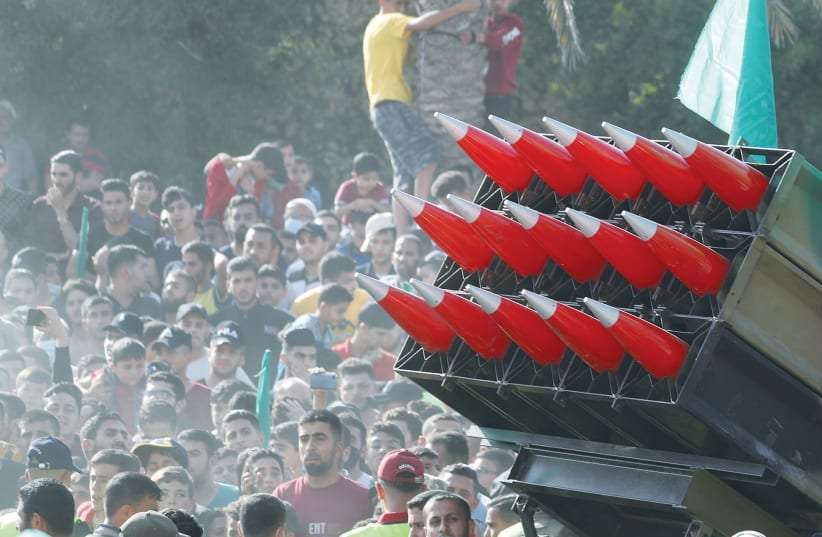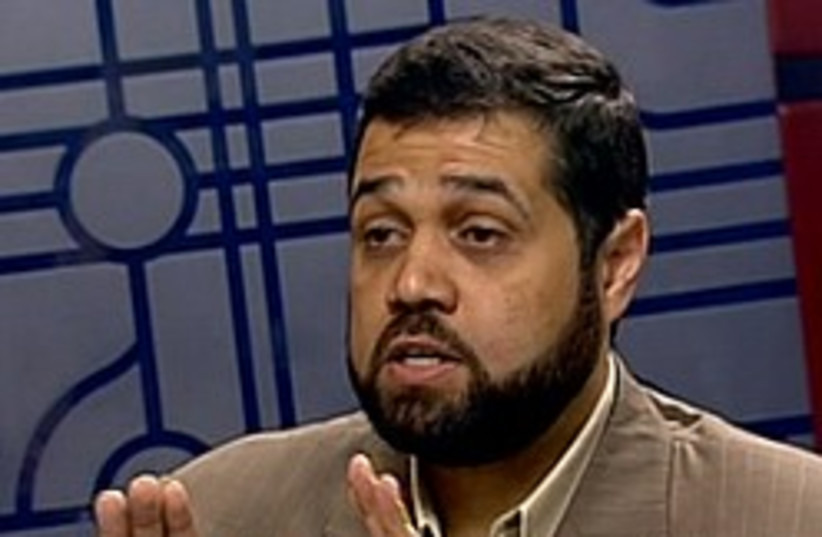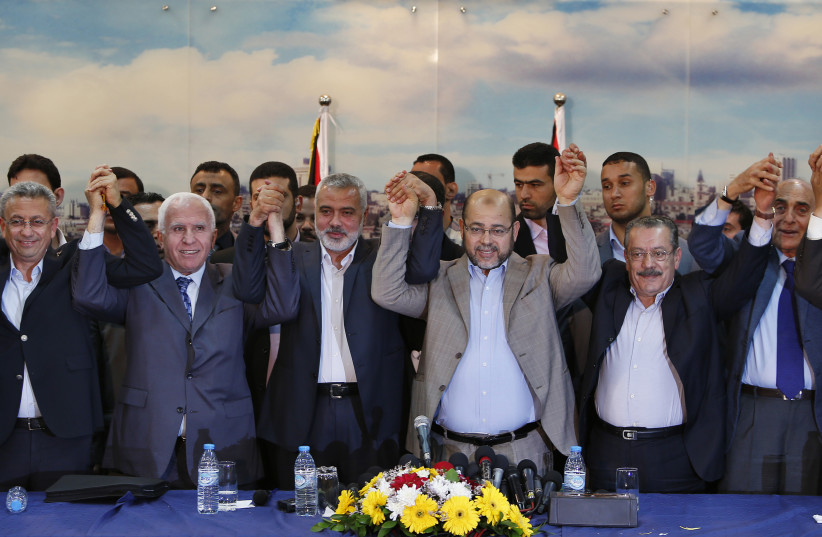Egypt, Qatar, the United Nations and other international parties are making significant efforts to prevent another military confrontation between Israel and the Palestinian factions in the Gaza Strip.
On Friday, Israel announced for the first time in 18 months that it will allow merchants and businessmen from the Gaza Strip to enter through the Erez crossing. The announcement came after the relative calm on the Gaza-Israel border during which no balloons or incendiary devices were launched toward Israel.
Hamas sources said that the mediation efforts were being made due to Israel’s insistence on linking reconstruction of the Gaza Strip to a prisoner exchange.
Hamas has been holding the bodies of IDF soldiers Oron Shaul and Hadar Goldin since 2014, and is holding Israeli citizens Avner Mengistu and Hisham al-Sayed, who entered the Gaza Strip on their own in 2014 and 2015 respectively.
The sources told the Palestinian daily Al-Quds that mediators from Egypt, Qatar, the UN and the European Union are working to avoid another flare-up of hostilities between the Gaza-based factions and Israel.
Several factions warned over the weekend that failure to move forward with reconstruction would lead to another military confrontation with Israel.
According to the sources, the factions met in recent days and discussed setting an ultimatum to Israel in the event that there is no breakthrough in the reconstruction issue, as well as the easing of restrictions imposed on the Gaza Strip.
“The coming days will be decisive in this regard, and the resistance factions will not accept anything less than the fulfillment of their demands,” the sources said. “The mediators asked Hamas and the other factions to give them more time to achieve a breakthrough on these issues, including a possible prisoner exchange and a long-term truce with Israel.”
In addition to merchants, all Gazan goods can now enter Israel for the first time since the end of May’s 11-day Gaza war, the Coordinator of Government Activities in the Territories (COGAT) Maj.-Gen. Ghassan Alian announced.
The list of items that can enter Gaza from Israel at Kerem Shalom’s commercial crossing also expanded to include items used for transportation and communications.
Equipment and goods for Gaza’s humanitarian infrastructure, such as for the water and sewage systems, can also enter.
Senior Hamas official Osama Hamdan said on Saturday that Egypt was continuing its efforts to prevent another military confrontation with Israel.
Hamdan warned that the Gaza factions would not wait too long for a solution regarding the easing of the restrictions and the reconstruction of the houses destroyed during the 11-day war in May.
The factions are also demanding a solution to the issue of the Qatari cash grants to the Strip. They accused the Palestinian Authority of hindering reconstruction and the delivery of the Qatari financial aid to more than 100,000 families.
Earlier this month, a Palestinian official said that the PA and Qatar had reached an agreement on the transfer of the funds through the Palestinian Monetary Fund but Palestinian banks are refusing to cooperate for fear that they could be exposed to lawsuits on the grounds of supporting and funding terrorism.
Azzam al-Ahmed, a senior member of the Fatah Central Committee, claimed that Israel, and not the PA, was responsible for the delay of the delivery of the Qatari funds,
“The Palestinian government signed an agreement in order to coordinate the disbursement of the funds in the Gaza Strip, which were previously transferred through the Israeli Mossad,” Ahmed said in a radio interview.
He claimed that Israel rejected the agreement, “because of its desire to take over the task of delivering the Qatari grant funds.”
Contacts are underway between the Palestinian Authority, Qatar and Egypt to resolve the issue, Ahmed added.
He denied charges that the PA was obstructing the reconstruction of the Gaza Strip. He stressed that reconstruction will only take place through the PA government headed by Prime Minister Mohammed Shtayyeh.
Ahmed said that there will be no reconstruction of the Gaza Strip until the split between the West Bank and Gaza Strip ends. “There will be no reconstruction without achieving unity and ending the division,” he emphasized.
The head of the Palestinian General Federation of Trade Unions in the Gaza Strip, Sami al-Amsi, accused the PA of obstructing the transfer of the Qatari funds. He also accused the PA of imposing a siege and sanctions on the residents of the Gaza Strip.
“The Palestinian Authority is dragging its feet, because it wants to increase the pressure on people in the Gaza Strip and impose more sanctions on them,” Amsi said. “The Palestinian Authority is punishing the sons of Fatah before Hamas.”
Commenting on Israel’s decision to allow the entry of Palestinian merchants and businessmen from the Gaza Strip into Israel, Amsi said the move came because of Israel’s “fear of the response of the Palestinian resistance factions.” Israel, he added, “is an enemy that only understands the language of force.”
Tovah Lazaroff contributed to this report.


